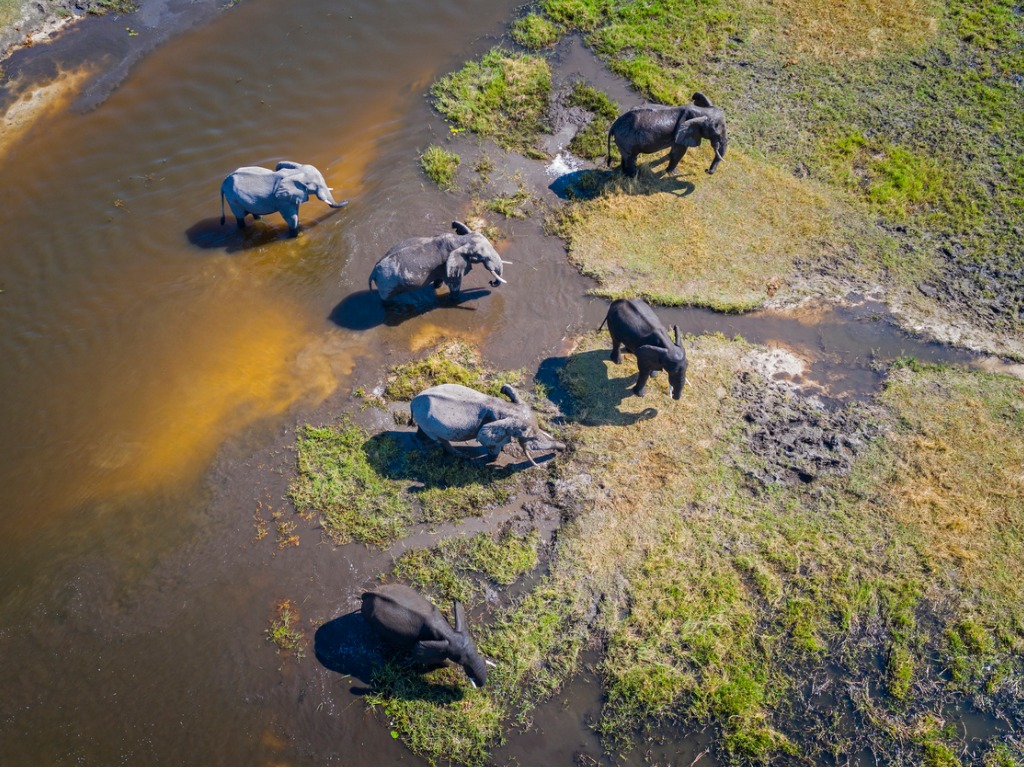Whistleblower Network News recently broke a story uncovering the U.S. Fish and Wildlife Service (“FWS”) regulations for the payment of whistleblower rewards. The FWS regulations cover whistleblowers who report wildlife crimes, such as illegal fishing, logging, and wildlife trafficking. Under the FWS regulations, a whistleblower can obtain a reward if their reporting significantly contributes to furthering an investigation or results in a successful prosecution.
Today is World Wildlife Day, a day to focus on the urgent need to fight against wildlife crime. The world is dealing with unprecedented threats to wildlife. Whistleblower rewards are an invaluable tool for law enforcement, particularly in regard to wildlife crimes, which are notoriously hard to detect. However, instead of publicizing these regulations, FWS put a statement on its website claiming they “may contain sensitive law enforcement information that is exempt from release.”
Every NGO dedicated to protecting forests, fish, and animals needs to be aware of these regulations. They need to ensure that all qualified whistleblowers know how to apply for a reward and the criteria used when they do. They should send these rules to everyone in their organizations to ensure whistleblowers know their rights and how they can qualify for a reward.
Whistleblower attorney Stephen M. Kohn published a detailed analysis of the FWS regulations. Kohn notes:
“The FWS reward laws were enacted five years prior to the 1986 amendments to the False Claims Act and twenty-one years before the Dodd-Frank Act. Consequently, they do not contain many of the most important features in those laws.”
Looking at this analysis, it is unquestionable that Congress needs to re-introduce the Wildlife Conservation and Anti-Trafficking Act this session. This bi-partisan bill, introduced in the U.S. House of Representatives in 2019 by Congressmen John Garamendi (D-CA) and Don Young (R-AK), would empower whistleblowers to report information about wildlife crime and strengthen the enforcement capacity of U.S. agents.
Wildlife crime whistleblowers deserve the same, or better, protection as those of corporate whistleblowers. In the meantime, we can’t sit and wait for Congress to act. Forests are being illegally destroyed, reefs are being damaged, and elephants are being poached into extinction. Every person involved in combatting crimes against the environment and wildlife should post the FWS regulations and disseminate them widely to their networks. They may not be “state of the art,” but they do encourage reporting. The brave individuals who step forward, taking significant personal risks, should be rewarded. Extinction is forever.
